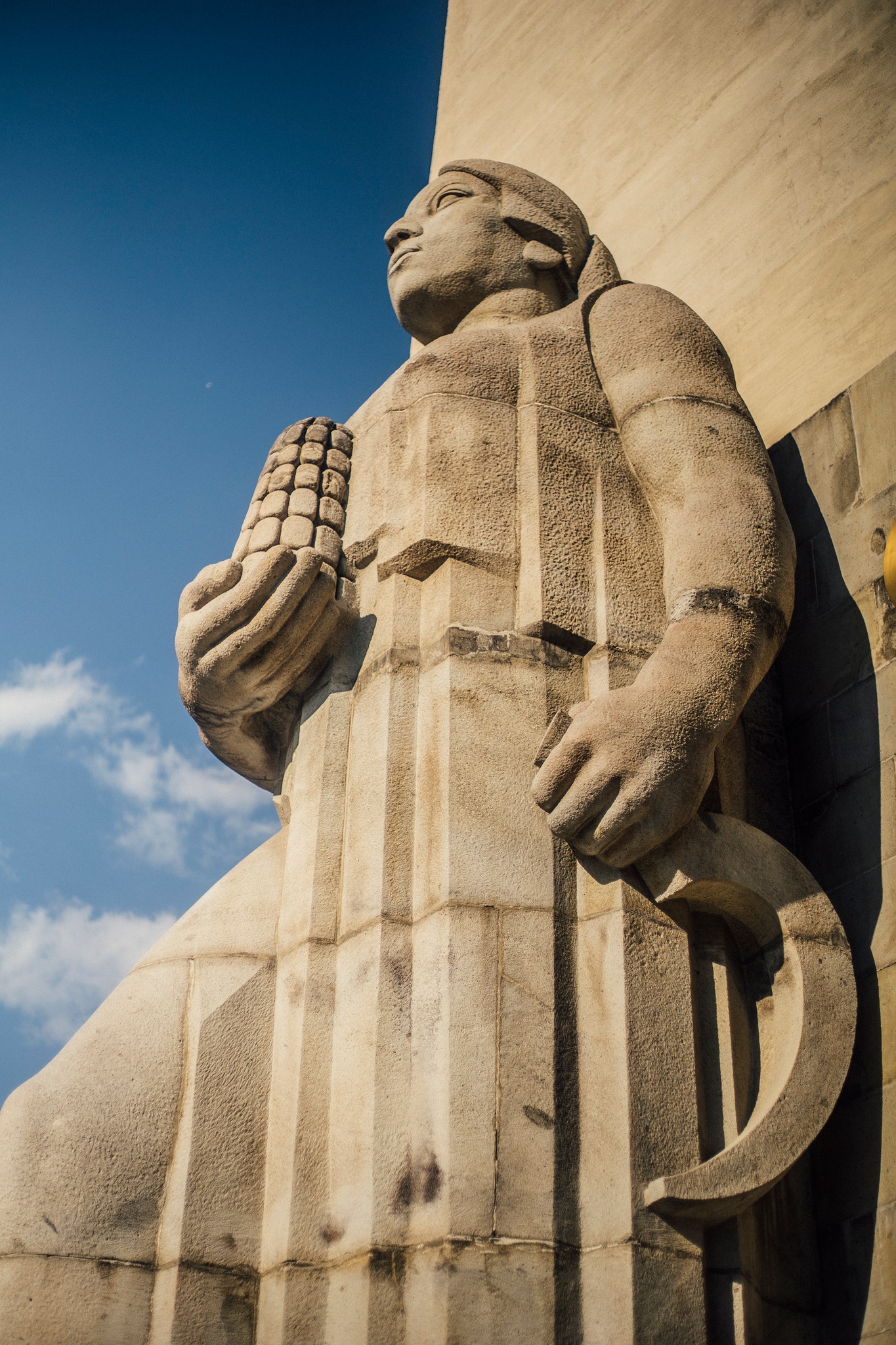LET’S GO FOR SOCIALISM!
This review by Gilberto López y Rivas appeared in the May 16th, 2025 edition of La Jornada, Mexico’s premier leftist daily newspaper. Marcelo Colussi’s book is available for free (in Spanish).
Marcelo Colussi’s book, with the significant title Vamos por el socialismo (Let’s Go for Socialism, CLACSO, 2024), is a necessary and pertinent work for current times, characterized by a militarized-criminal capitalist accumulation, by the resurgence of fascism and the prevalence of the United States of America as the hegemonic power of disaster.

The author does not propose a reformist or pragmatic solution to alleviate irreconcilable class antagonisms and improve existing society, but rather, as Karl Marx asserted, proposes building a new society without private property, that is, a socialist one. Thus, Colussi refers to the need to return to speaking of socialism, class struggle, imperialism and anti-imperialism, people’s power, and revolution, which seemed to become taboo or outmoded once the Soviet Union imploded and China adopted market mechanisms, while numerous Communist parties and organizations have disintegrated or transformed into social democrats.
Colussi believes that capitalism cannot solve society’s pressing problems, as it is a system with no solution or way out, nor can it be transformed into one with a human face, making the shift toward socialism essential. Hence the significance of this long-form investigative work, which openly and unequivocally proposes the imperative need to fight for socialism, as well as reiterating the validity of Marxism, historical materialism, and scientific socialism, adapting their postulates to new realities. The well-known dilemma posed by Rosa Luxemburg of “socialism or barbarism” becomes socialism or the end of humanity and life on the planet.
A review of socialist experiences is provided, beginning with that of the USSR. Colussi reflects that, in general, “there is no sense of ‘failure’ in the sense that ‘everything went wrong’ or ‘it was all for nothing’, but rather as ‘disappointment’ or ‘frustration’. Things were achieved, but less than expected.” For the author, the process did not solidify or expand as a transformative project.
Likewise, “a cumbersome bureaucracy, the Nomenklatura , ended up constituting a new social class, a wealthy caste, and like every process that becomes institutionalized, it becomes conservative.” Even so, it was the Red Army, a new type of army, born of the first socialist revolution, that triumphantly entered the German capital in early May 1945.
The Soviet Union was, without a doubt, the decisive factor in the defeat of fascism. Its armed forces faced the bulk of the Nazi military apparatus throughout the war, and after the victories at Moscow, Stalingrad, Kursk, and Leningrad, it can be said that the fascists had been strategically defeated.

The author also studies the experience of the People’s Republic of China, with its “market socialism, if you will, but socialism nonetheless,” in which the Communist Party firmly sets policies and controls their implementation down to the last detail, and where the entire population is well assured of basic needs, although, the author warns us, the cost is based on the exploitation of workers and the existence of a considerable number of super-millionaire private owners, which indicates differentiated social classes.
In analyzing the Cuban experience, Colussi refers to a phrase by Fidel Castro in which he emphatically declares: “There are 200 million street children in the world. None of them are in Cuba.” He is referring to the atrocious imperialist blockade, which has lasted for more than six decades and prevents the Cuban government from acquiring technology, raw materials, and countless basic products for daily survival. Despite this, and amid enormous difficulties and real problems, the revolutionary state continues to uphold the socialist ideal, being the only country in the Global South that has been able to produce effective vaccines against COVID-19, defending its sovereignty and upholding socialism.
Colussi concludes that, although capitalism appears triumphant today, we must continue to build the socialist alternative, which is the only one that can bring real improvement to the entire human species. He calls us to have hope, which is not the same as illusion. This book, he reiterates, “is a vehement and energetic call not to lose hope” and “to act with the pessimism of reason and the optimism of the heart,” as Gramsci believed.
This work will undoubtedly be a valuable contribution, particularly encouraging younger generations who, against the current and in an uncertain environment, are joining the fight against capitalism and for the construction of a socialist society.
-
THE MEDIA’S ROLE IN THE POSSIBLE REVOLUTION
There is an urgent need for the Latin American left to reflect on which programs we can join forces on, how we articulate different experiences, and how to communicate with social sectors that are not yet politicized to build a common emancipatory horizon.
-
MAY DAY: PARTIDO POPULAR SOCIALISTA DE MÉXICO
International Workers Day statement from the Popular Socialist Party of Mexico.
-
SOCIALISM: DIGNITY WITHOUT PAPERS
For immigrants in the US living without documentation, it’s also much like living underground, imprisoned in a cage of fear. Luisa Martinez of the DSA’ National Political Committee tells us what that was like for a young woman desperately wanting to make something better of her life.




